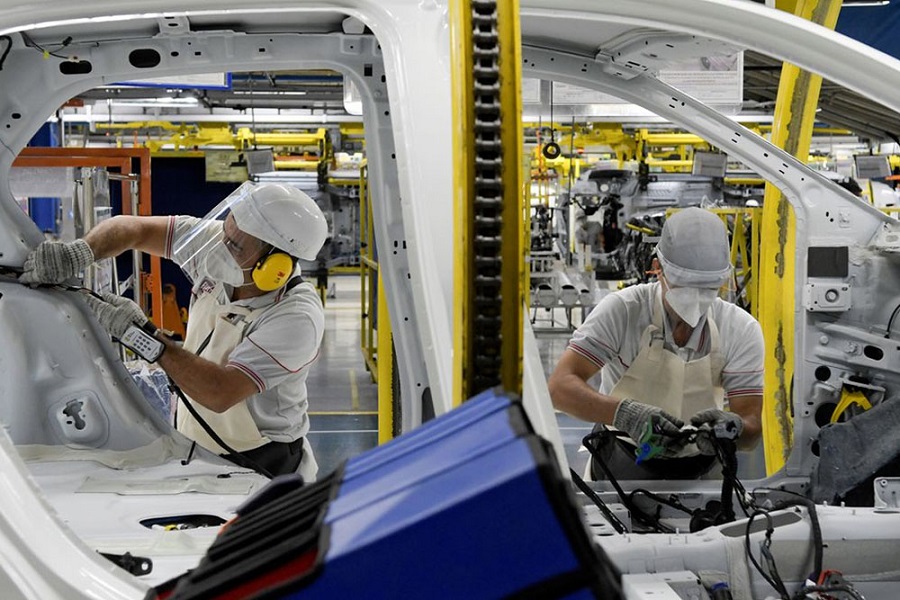RIO DE JANEIRO, BRAZIL – The widespread shortage of imported products, mainly from Asia, has led Brazilian industry to agree on the need to produce locally part of the items that now come from abroad.
However, this initiative, which would result in the development of local technologies and jobs, is proving difficult to achieve due to economic and political uncertainties and the fact that producing in Brazil is more expensive than in several other countries.

The shortage of products such as masks and ventilators, which marked the start of the pandemic, later extended to semiconductors, components and auto parts, and worsened with the increase in the price of these items and freight, in addition to the unavailability of containers and ships for deliveries.
Several trade associations have since 2020 been forming working groups involving production chains and the government to assess the creation of a nationalization policy for products that are critical to the country. Among them are the automotive, chemical, footwear and building sectors. There are still no specific actions, only some individual initiatives to break away from dependence on a few foreign suppliers.
Among them is Thermoval, a manufacturer of valves for the agricultural, automotive, energy, sanitation, mining, and food and beverage areas, among others. Its CEO Rodolfo Garcia, says that the increases in freight costs and delivery times have led the group to discontinue imports of parts from China.
“The maximum delivery time used to be 90 days and now it can reach 270 days for some items.” Garcia has partnered with a Brazilian company to produce 20% of wrought iron parts and imports the remainder. The company will have its own production line by 2022 and will manufacture 100% of its parts in Cravinhos (São Paulo state), where its headquarters are located.
FGV/Ibre associate researcher Livio Ribeiro says there was a rebound in the replacement of imported products in late 2020 and early this year, but it was not long-lived. “Brazil is not competitive enough to produce anything, and it seems unlikely to me, in the current risk structure, that a sustained process of nationalization will be resumed.”
Ribeiro recalls that the industry has long been in a downsizing process because productivity in Brazil is low, the cost of accessories is high, taxes are high, and the tax system is complex. And now there is a water crisis.
National Confederation of Industry (CNI) economist Marcelo Azevedo thinks that, despite the reversal of economic growth expectations, industry’s investment plans have been high since the pandemic began. “There are many factors hindering these plans. The pandemic is causing uncertainty for investments, be it due to the scenario or the exchange rate,” he says.

